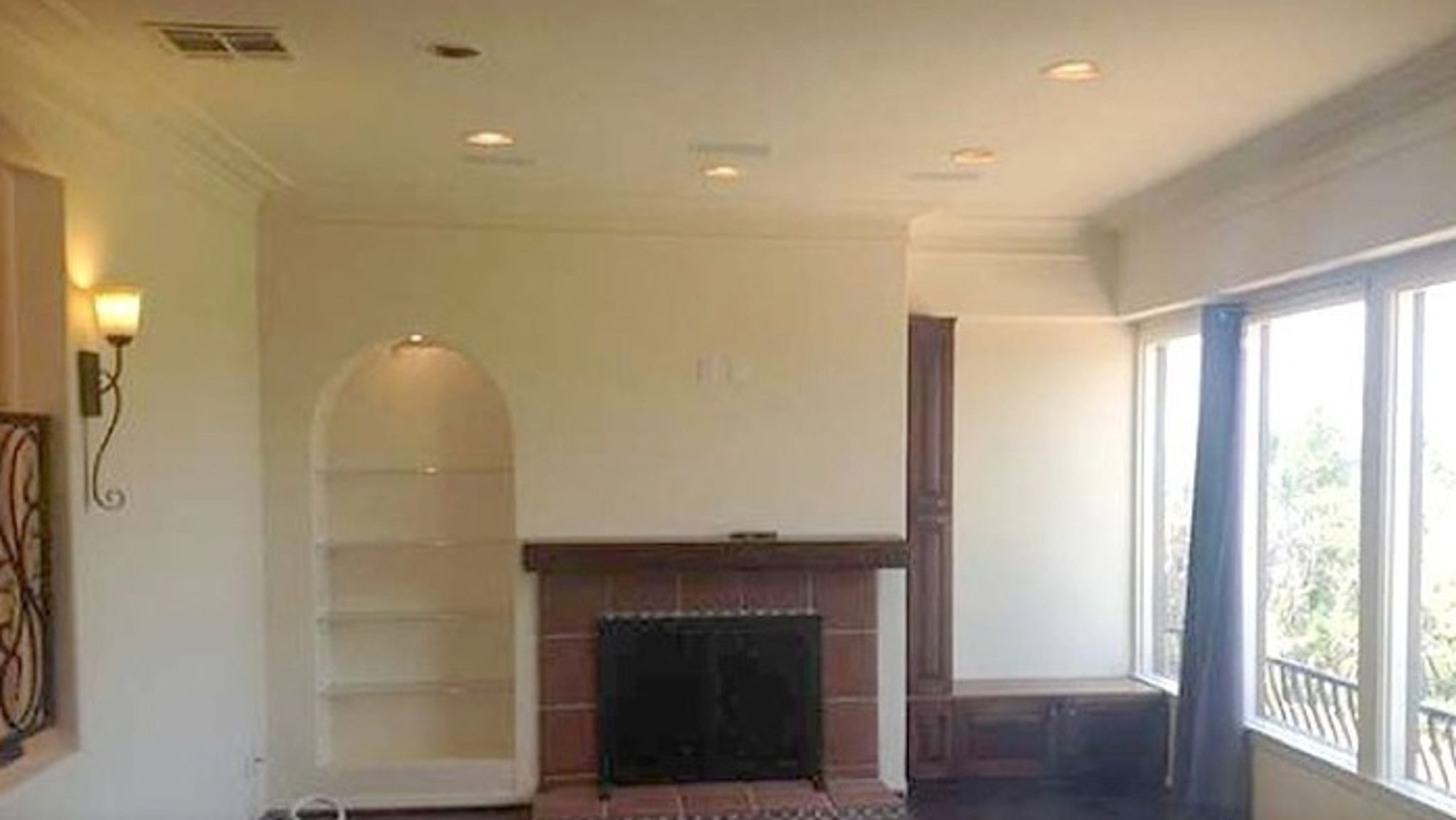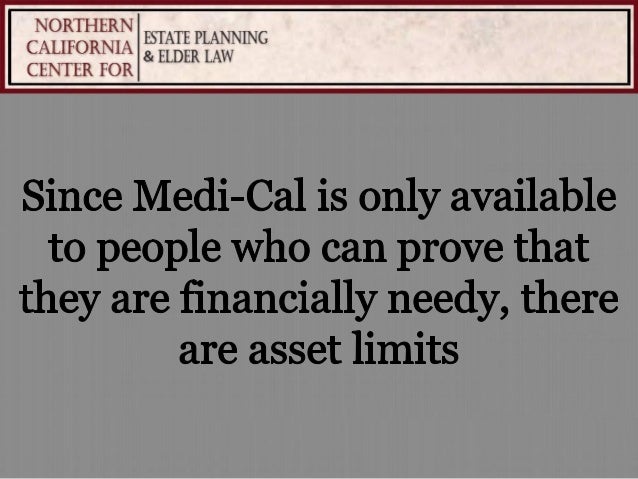Table of Content
Review a detailed explanation of how to determine what price home you can buy based on your down payment and loan amount including informative examples. Your mortgage amount plus your down payment equals the estimated price of the home you can afford to buy. The higher your loan amount and down payment, the higher the price home you can afford. Some programs, such as the zero-down USDA mortgage, have income limits on who can qualify.
This is a considerable sum, so don’t forget to include it when you’re budgeting for your mortgage. If you’re habitually late with payments or have records of delinquencies, it will reflect a poor credit score. Likewise, if you pay your bills on time and keep your debts within a manageable amount, your credit score will be higher. It’s a sign that you’re a diligent consumer that does not take on too much debt. The Mortgage Qualifying Calculator is designed to be easy to use and largely self-explanatory. Just fill in the various fields with the information requested.
How does where I live impact how much house I can afford?
Emergencies strike when you least expect them – unexpected medical treatments, sudden job loss, a flooded basement, a car on the fritz. Putting all your extra funds toward mortgage payments instead of saving for a rainy day can spell disaster. All three government-backed loans have mortgage limits, which is a handy way to help you stay in a healthy debt-budget range. Assessing how much you should spend on a house requires a bit of a look into your current and predicted future financial situation. Before you take on the maximum loan you can get and start looking at more expensive houses, consider these tips.

Read our editorial process to learn more about how we fact-check and keep our content accurate, reliable, and trustworthy. Escrow is a legal arrangement where a third party temporarily holds money on behalf of a buyer and seller in a real estate transaction. Send you a list of conditions, upon loan approval, that have to be met before you can prepare to close your loan. On a mortgage, this amount includes charges that all loan originators involved will receive for originating the loan. On refinances you may be able to finance points as part of your mortgage amount. Note that you might not have to put down anything at all if you qualify for certain government loans.
Debt-to-Income Ratio
A lender’s assessment is important, but in the end, you’ll need to take a look at your income, expenses and savings priorities to truly understand what fits comfortably within your budget. Spreading mortgage debt across a longer period of time lowers your monthly mortgage payments which means you can afford more house. Lenders have maximum DTIs in place that could stand in the way of getting approved for a mortgage. On conventional loans, for example, lenders usually like to see debt-to-income ratios under 43 percent, although in some cases, 50 percent is the cutoff. If you want to shrink your debt-to-income ratio before applying for a mortgage — which is a good idea — pay off your credit cards and other recurring debts like student loans and car payments. Let’s say your total monthly debt payments are $3,000 and your gross monthly income is $6,000.

This compensation may impact how, where and in what order products appear. Bankrate.com does not include all companies or all available products. Input these numbers into our Home Affordability Calculator to get a clear idea of your homebuying budget.
How much mortgage can I qualify for?
You’ll also need to factor in how mortgage insurance premiums — required on all FHA loans — will impact your payments. Lenders tend to give the lowest rates to borrowers with the highest credit scores, lowest debt and substantial down payments. Next, list your estimated housing costs and your total down payment. Include annual property tax, homeowners insurance costs, estimated mortgage interest rate and the loan terms . The popular choice is 30 years, but some borrowers opt for shorter loan terms. Using a percentage of your income can help determine how much house you can afford.
In addition to the standard mortgage calculator, this page lets you access more than 100 other financial calculators covering a broad variety of situations. Choose from calculators covering various aspects of mortgages, auto loans, investments, student loans, taxes, retirement planning and more. Mortgageloan.com is a product of ICB Solutions, a division of Neighbors Bank. ICB Solutions partners with a private company, Mortgage Research Center, LLC, (nmls # 1907), that provides mortgage information and connects homebuyers with lenders.
Likely rate: 6.322% Edit rate
This is the total of your loan origination fee, points paid and other closing costs. Any other installment loan payments, such as student loans or unsecured loans. The price cap doesn't cap your total bill, which will change depending on how much energy you use.

Your final amount will vary depending on a number of factors, especially interest rate, which will be based on your credit score. When you're ready, a lender can give you a more precise figure. Equally, the lower the interest rate you can get the less you’ll pay each month against your mortgage as well as over the life of the loan. Below are some hypothetical examples of how slight differences in your APR(%) can impact what you pay against your mortgage.
Where you live plays a major role in what you can spend on a house. For example, you’d be able to buy a much bigger piece of property in St. Louis than you could for the same price in San Francisco. You should also think about the area’s overall cost of living. If you live in a town where transportation and utility costs are relatively low, for example, you may be able to carve out some extra room in your budget for housing costs. Anna Baluch has written hundreds of articles on personal and student loans, mortgages, debt relief, budgeting, banking, and more.
This final figure includes the mortgage loan’s principal and interest payments, plus taxes, insurance and any other debts you are required to repay. If you’re a renter making $5,000 a month, it’s a good rule of thumb to spend a maximum of $1,400 on rent. However, for a homeowner making the same amount, $1,400 should cover your monthly mortgage payment, as well as homeowners insurance premiums and property taxes. Use our How Much Home Can I Afford Calculator to determine what price home you can buy based on your down payment and the mortgage amount you can afford. We encourage you to evaluate different scenarios to find the property price, mortgage, monthly payment and total housing expense that meet your budget and financial goals. When qualifying for a mortgage, besides having adequate income, it’s important to have a good credit score.
Lenders verify your income and employment by directly contacting your employer. They request for income information and other related credentials. Though most lenders only ask for a verbal confirmation, others might request for an email verification. Furthermore, expect lenders to perform a hard credit check on your credit report, which means it can impact your credit score. Aspiring homeowners normally undergo two qualifying steps before they are approved for a mortgage. These steps are called mortgage pre-qualification and pre-approval.

All financial products, shopping products and services are presented without warranty. When evaluating offers, please review the financial institution’s Terms and Conditions. If you find discrepancies with your credit score or information from your credit report, please contact TransUnion® directly. Typically you should expect closing costs to be in the range of 2% to 5% of your home's price. This is the amount that you pay each month that goes toward paying down the principal of the loan and the cost of borrowing . Generally, the higher the credit score you have, the lower the interest rate you’ll qualify for and improve overall what you can afford in a home.
It’s also helpful to consider property taxes and additional fees when planning your monthly payment estimates. To help you get started, you can use our calculator on top to estimate the home price, closing costs, and monthly mortgage payments you can afford based on your annual income. For our example, let’s suppose you have an annual income of $68,000. For your down payment and closing costs, you’ve saved $55,000.


No comments:
Post a Comment